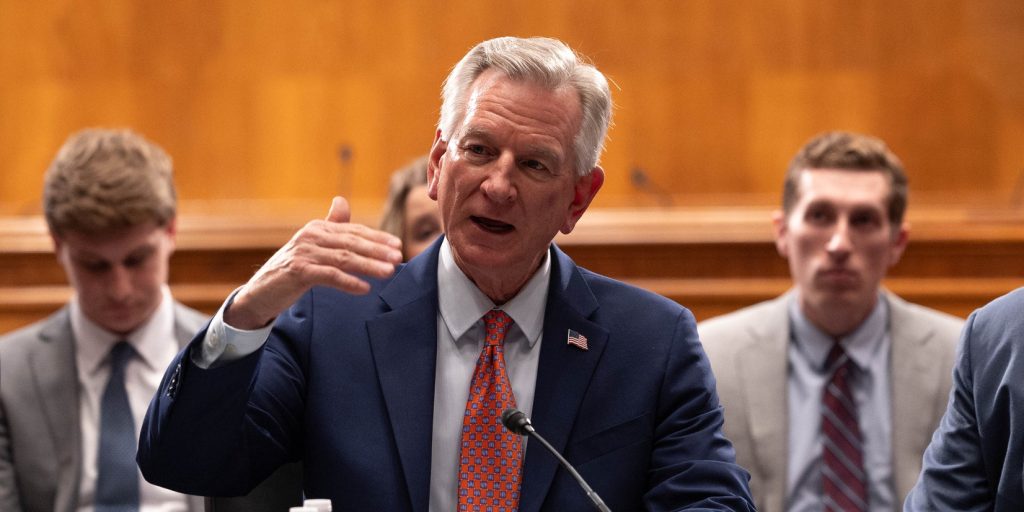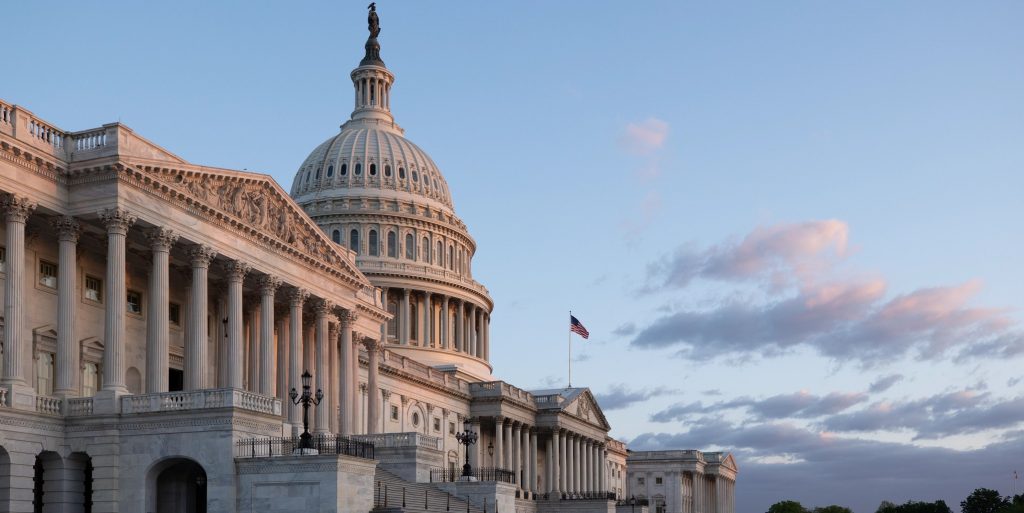MONTGOMERY — Citing the U.S. House budget reconciliation bill that would place food assistance for more than 750,000 Alabamians at critical risk, 50 organizations across the state urged Gov. Kay Ivey and state lawmakers to help protect the state from the devastating cuts.
The letter, initiated by Alabama Arise, urges state policymakers to contact members of Congress and express concerns about the bill’s negative impact on Alabama’s families and budgets.
“More than 750,000 Alabamians receive food assistance through SNAP (Supplemental Nutrition Assistance Program), including 500,000 families with children,” the letter said. “The SNAP cuts being considered would increase hunger for every one of these Alabamians and would transfer significant financial obligations from the federal government to Alabama.”
The House voted 215-214 on May 22 for a budget bill that would reduce food assistance for tens of millions of Americans, including hundreds of thousands of Alabamians. The Senate is expected to consider the bill this month.
The bill would require states to pay for a portion of SNAP benefits, which have been 100% federally funded for decades. States would be responsible for covering anywhere from 5% to 25% of SNAP benefit costs. The bill also would shift a larger share of SNAP administrative costs to states.
“At our best estimate, Alabama would become responsible for up to $258 million in direct benefit costs, plus an additional $35 million in administrative costs annually,” the groups’ letter said.
If state lawmakers could not or would not provide that funding, Alabama would be forced to cut SNAP benefits significantly – or even eliminate the program altogether for nearly 800,000 participants statewide.
For a sense of scale, an additional $293 million in state expenses would be more than the state’s Education Trust Fund budget appropriation to either the University of Alabama ($266.2 million) or Auburn University ($287.9 million) for 2026.
The House bill would limit future growth in the value of SNAP benefits, effectively cutting food assistance over time even as food prices continue to increase. The legislation also would add more red tape for SNAP participants, the letter said.
According to the letter, these new barriers would include expanding the scope of current time limits and creating new work reporting requirements for 165,000 Alabamians, including parents with children over age 7.
“Changes of this magnitude would create additional burdens for Alabama’s already stretched child care and child welfare systems and potentially would leave thousands of Alabama children and families without food on their tables,” the letter said.
SNAP provides vital, federally funded nutrition assistance to about 1 in 7 Alabamians — more than 750,000 people. More than 2 in 3 households that participate in SNAP are families with children. Many other participants are older adults or people with disabilities.
SNAP’s role in reducing hunger is especially important in Alabama and other states with high poverty rates, according to Alabama Arise. Nearly 1 in 4 Alabama children face food insecurity, meaning they do not always have enough to eat or know where they will get their next meal.
Funding cuts or other new barriers to SNAP enrollment would increase hunger and hurt local retailers, the groups’ letter said. That could mean higher food prices for everyone and even longer trips to the grocery store for many rural Alabamians.
“Deep SNAP cuts could force layoffs or closures at grocery stores and other retailers across our state,” the letter said. “A reduction or loss of SNAP benefits is a threat to our economy and the local communities where we all live and shop.”
Congressional leaders are considering these cuts to food assistance and other human services in a push to offset the cost of tax cuts for wealthy households. The amount of potential SNAP and health care cuts in the House bill would be roughly equal to the cost of extending tax breaks for the wealthiest 2% of households, according to the Center on Budget and Policy Priorities, a nonprofit research and policy institute in Washington, D.C.
The Tax Cuts and Jobs Act, enacted in 2017, increased federal deficits while lavishing tax cuts on the country’s wealthiest households. Many of the law’s provisions are set to expire this year, including numerous tax breaks that disproportionately benefit wealthy people. These include higher estate tax exemptions and a cut to the top marginal income tax rate.











